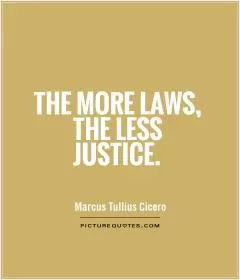The function of wisdom is to discriminate between good and evil

The function of wisdom is to discriminate between good and evil
Marcus Tullius Cicero, a Roman philosopher, statesman, and orator, believed that the function of wisdom is to discriminate between good and evil. This idea is central to Cicero's philosophy and is reflected in his writings on ethics, politics, and the nature of the human soul.Cicero believed that wisdom is the highest virtue and that it is essential for living a good and fulfilling life. He argued that wisdom enables us to make sound judgments and to discern between right and wrong, good and evil. In his work "On Duties," Cicero writes, "The function of wisdom is to discriminate between good and evil." This statement encapsulates his belief that wisdom is the key to moral discernment and ethical decision-making.
For Cicero, wisdom is not just about intellectual knowledge or cleverness. It is about having a deep understanding of what is truly good and virtuous, and being able to apply that understanding in practical situations. Wisdom, in Cicero's view, is the foundation of all other virtues, as it guides us in our actions and helps us to live in accordance with reason and virtue.
Cicero's emphasis on the importance of wisdom in discerning between good and evil is particularly relevant in the context of his political career. As a statesman, Cicero faced numerous ethical dilemmas and moral challenges. He believed that wisdom was essential for making wise and just decisions in the face of difficult circumstances. Cicero's commitment to upholding moral principles and defending the common good was rooted in his belief in the power of wisdom to guide and inform his actions.












 Friendship Quotes
Friendship Quotes Love Quotes
Love Quotes Life Quotes
Life Quotes Funny Quotes
Funny Quotes Motivational Quotes
Motivational Quotes Inspirational Quotes
Inspirational Quotes